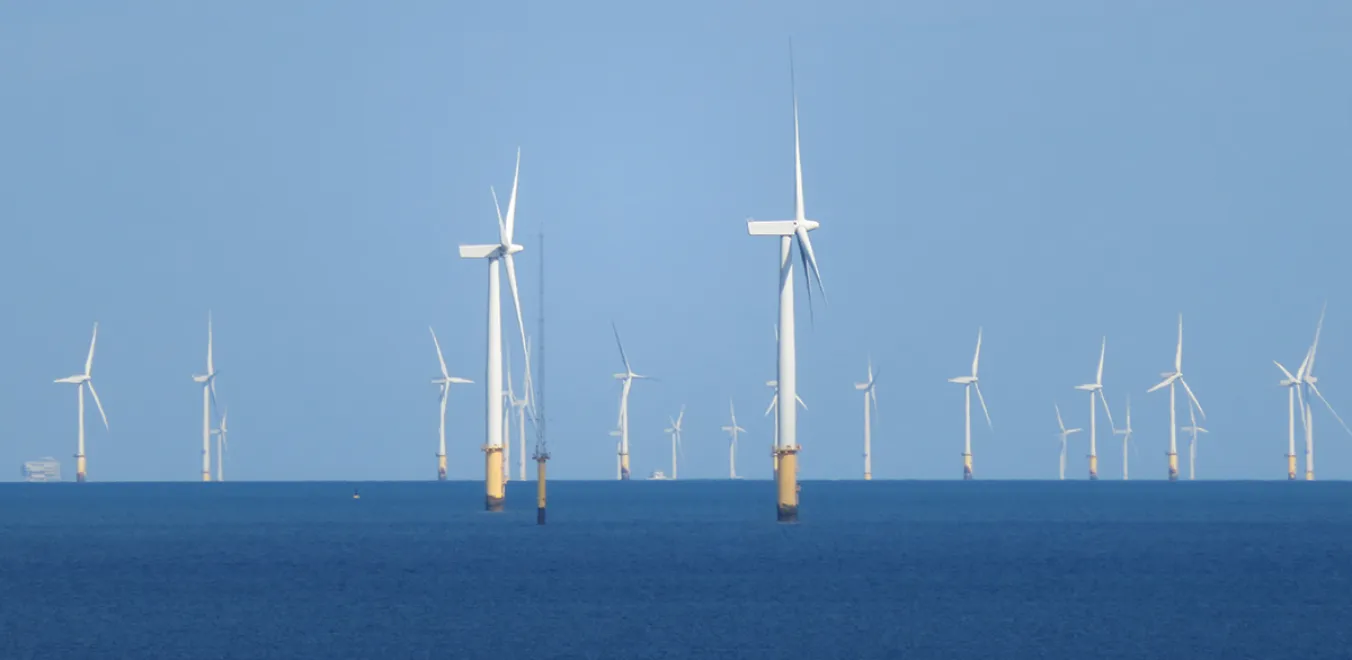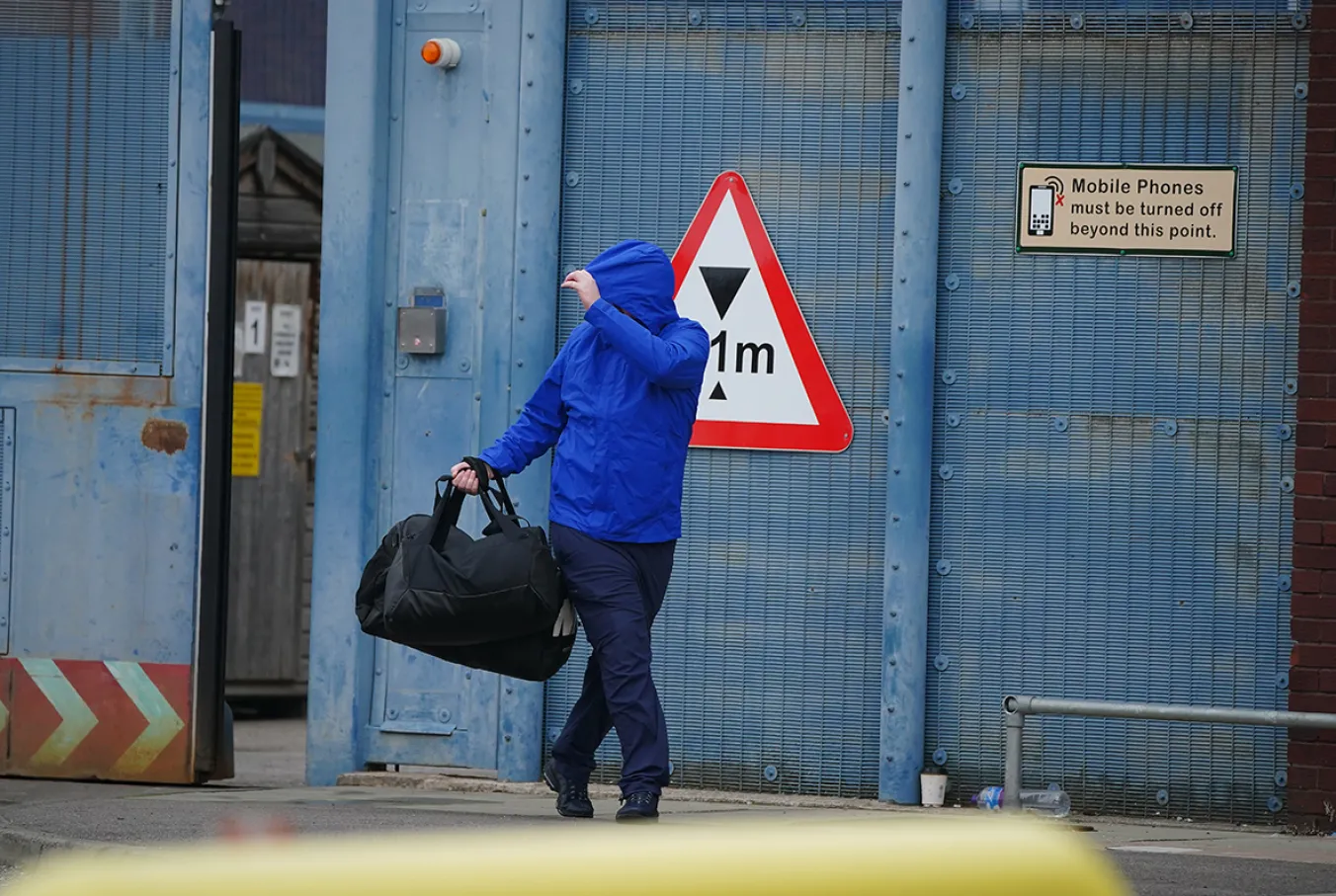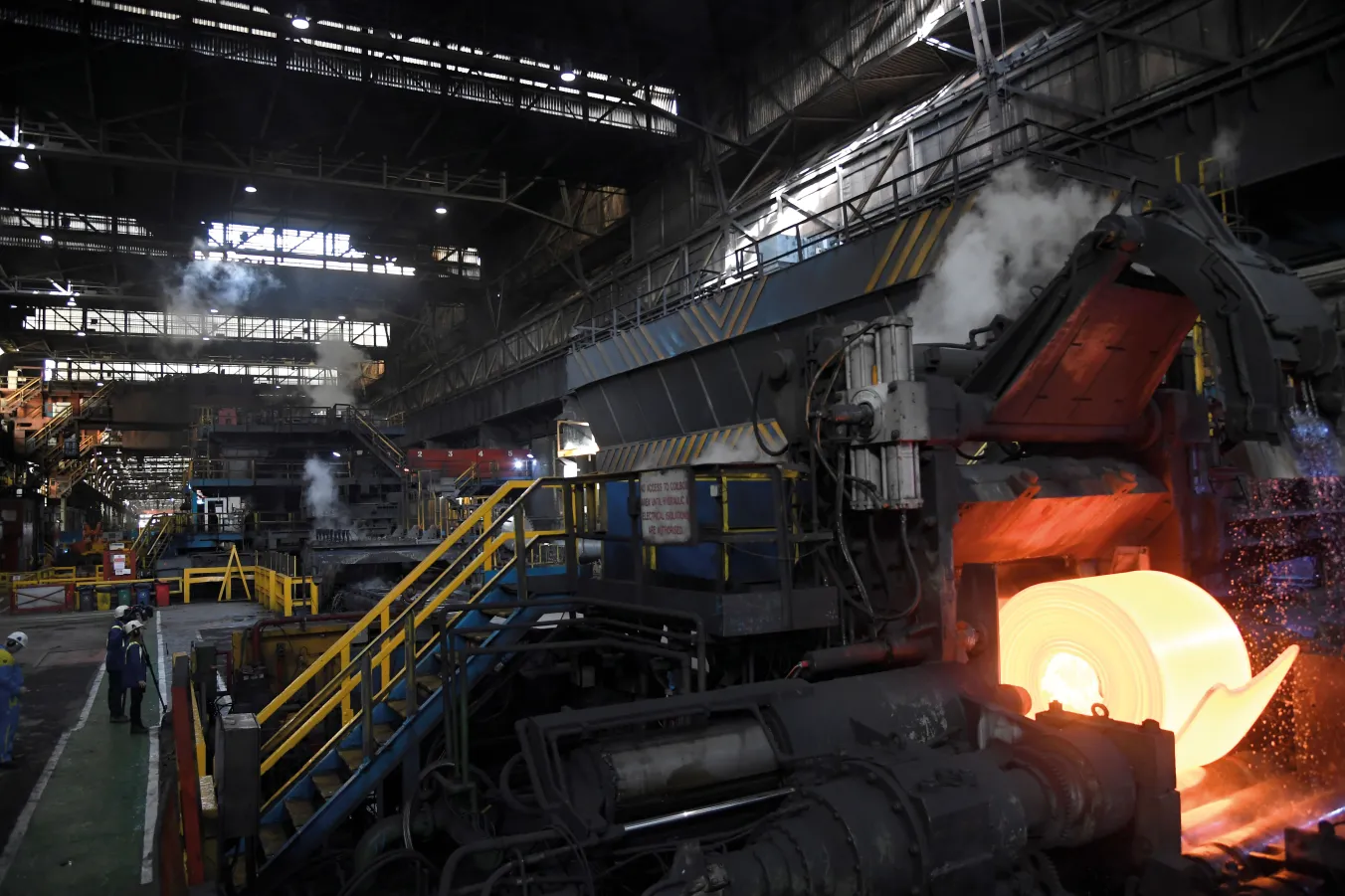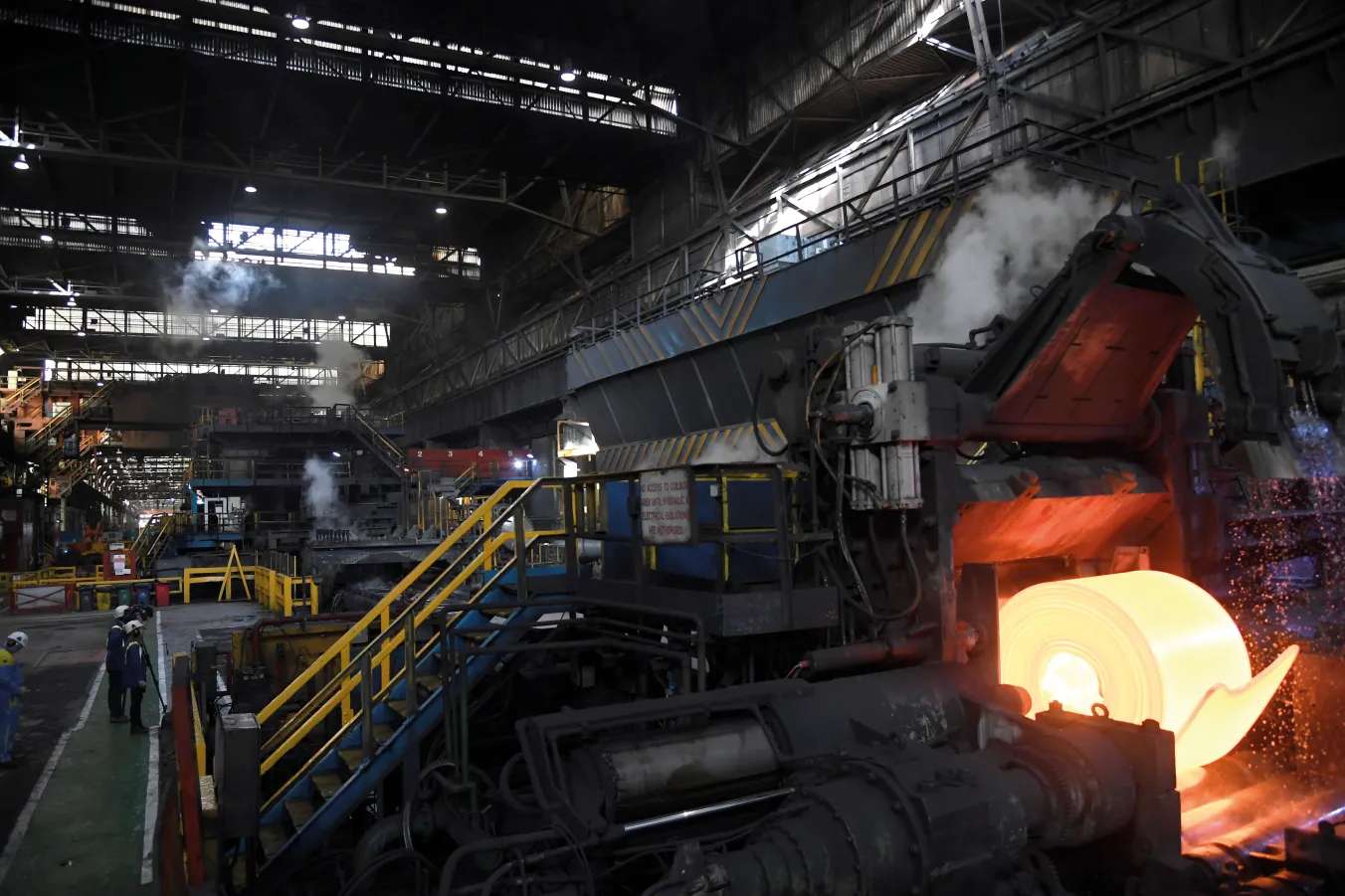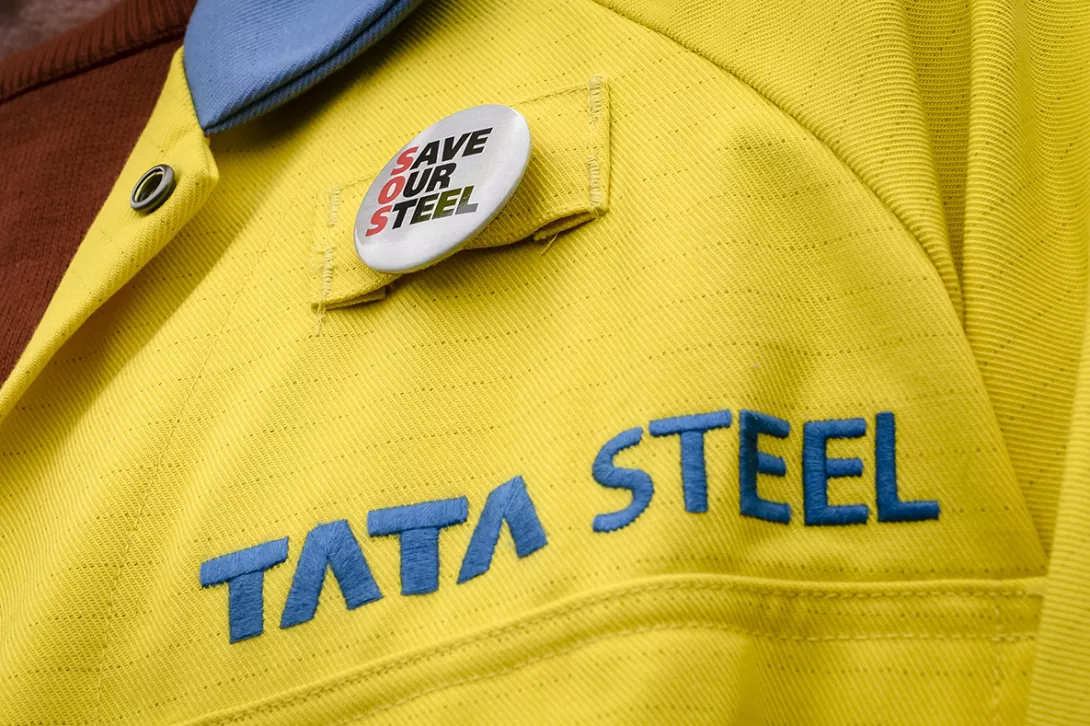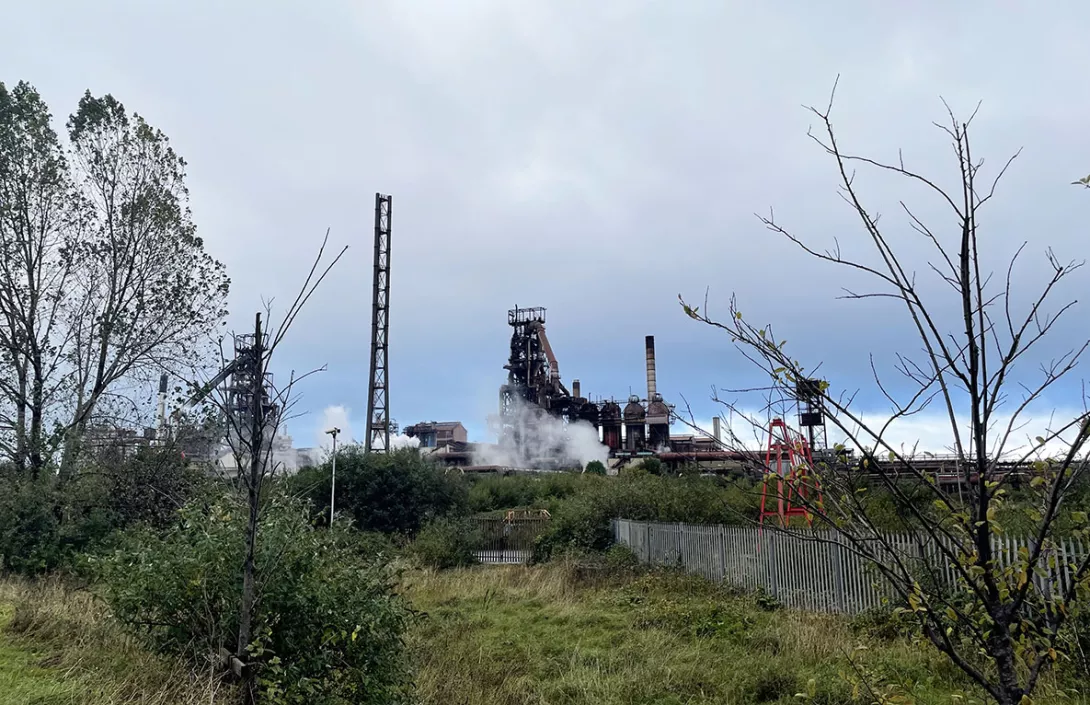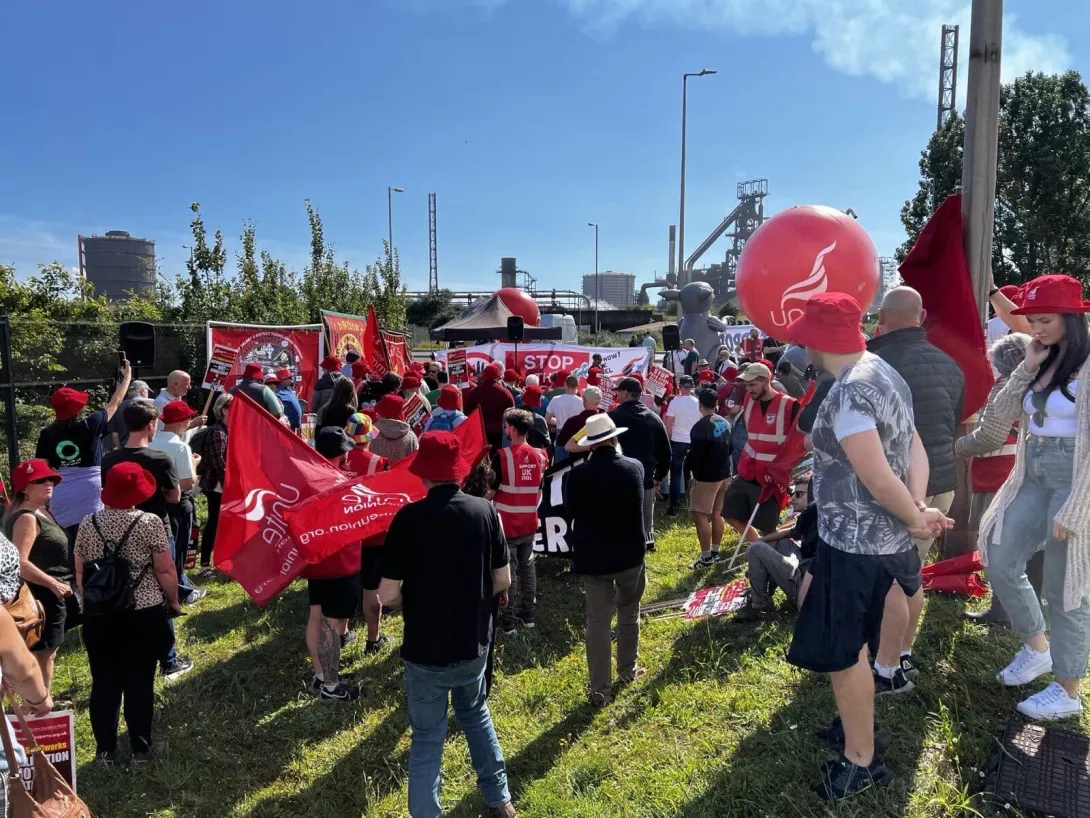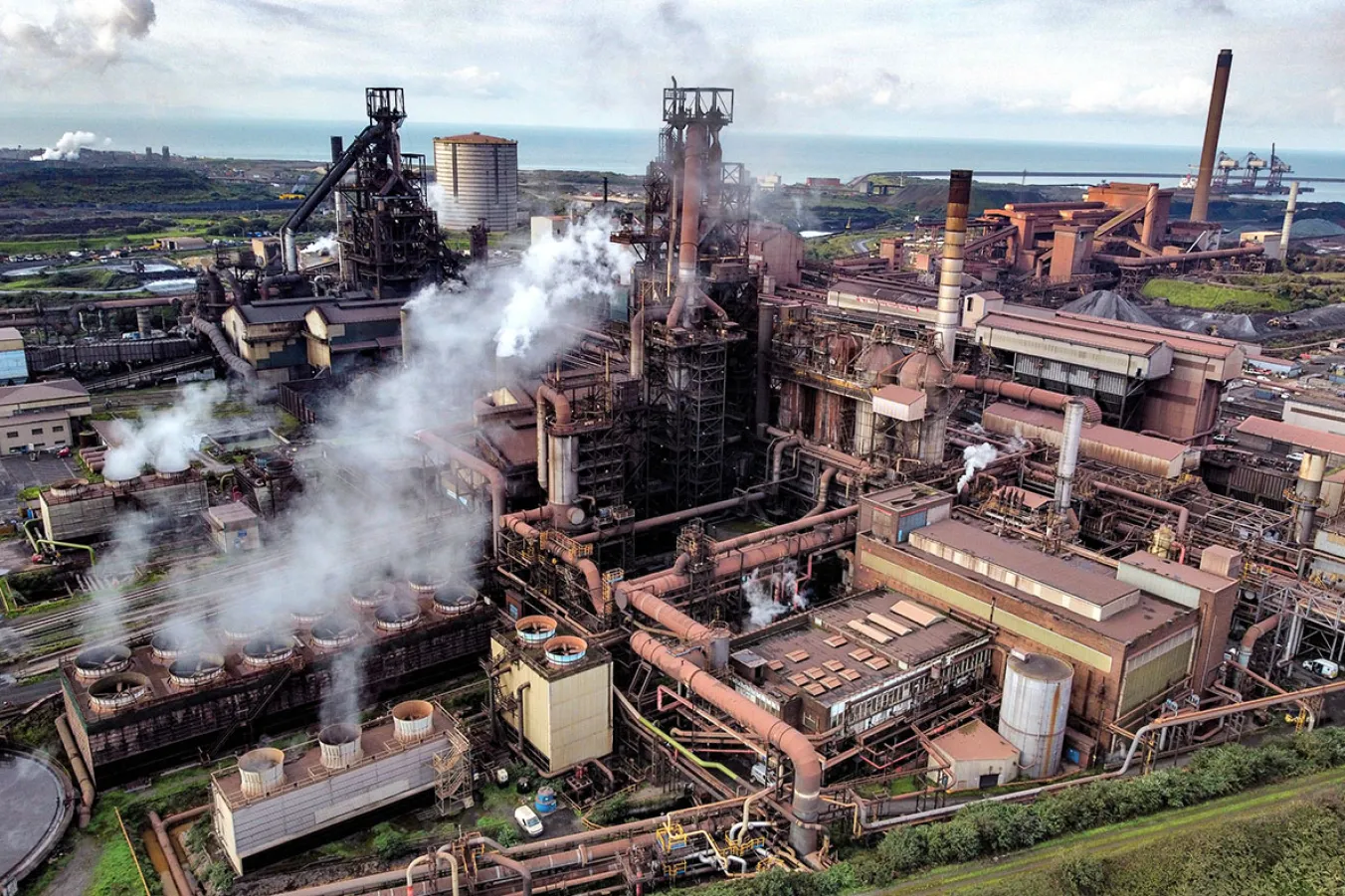
WHEN we look at the Tata Steel site in Port Talbot, we don’t just look at Britain’s largest steelworks. We look at an industry that has left an indelible mark on the lives of many in the communities of south Wales.
The lights, flames, hulking smokestacks and chimneys — forming the town’s “north star,” as Michael Sheen once described it — comprise the formidable backdrop to the lives of those that have grown up and lived there, and are an unmistakable sight for those passing through. When we look at the steelworks in Port Talbot, we also look at the biggest challenge facing the steel industry for a generation.
In September last year, we learned, as had been suspected for some time, that the British government’s backroom deal with the owners of Tata Steel would likely exact the high price of 3,000 job losses, with the vast majority of those falling on the Port Talbot plant.
The confirmation that came on January 19, that Tata will be closing its blast furnaces was, and remains, devastating. The decision to push ahead despite the probable fallout and the loss of highly skilled, unionised jobs in Wales will be a hammer blow.
At stake is not just the operation of a firm. The livelihoods of thousands of workers, including those working in the supply chain, the Welsh economy, the future of an industry, the businesses that depend on people’s wages and a sense of hope for a just transition to carbon-neutral steelmaking have now been thrown into question.
There is no getting around the fact that the steel industry is a major greenhouse gas emitter. In 2019, iron and steelmaking generated 14 per cent of Britain’s industrial greenhouse gas emissions, and 2 per cent of total emissions while in Wales alone, iron and steel comprised 37 per cent of total industry and business sector emissions.
Tata is Britain’s largest carbon emitter. Problematic though steel production is for climate change, we are going to need it by the tonne to realise any ambitions we have around green infrastructure, renewable energy and decarbonisation.
This comes with a caveat. The language of net zero and the green lexicon are increasingly being used to justify downsising when decarbonisation should not be at the expense of workers. We’re currently seeing workers, who should be playing a part in the transition, being thrown on the scrap heap.
